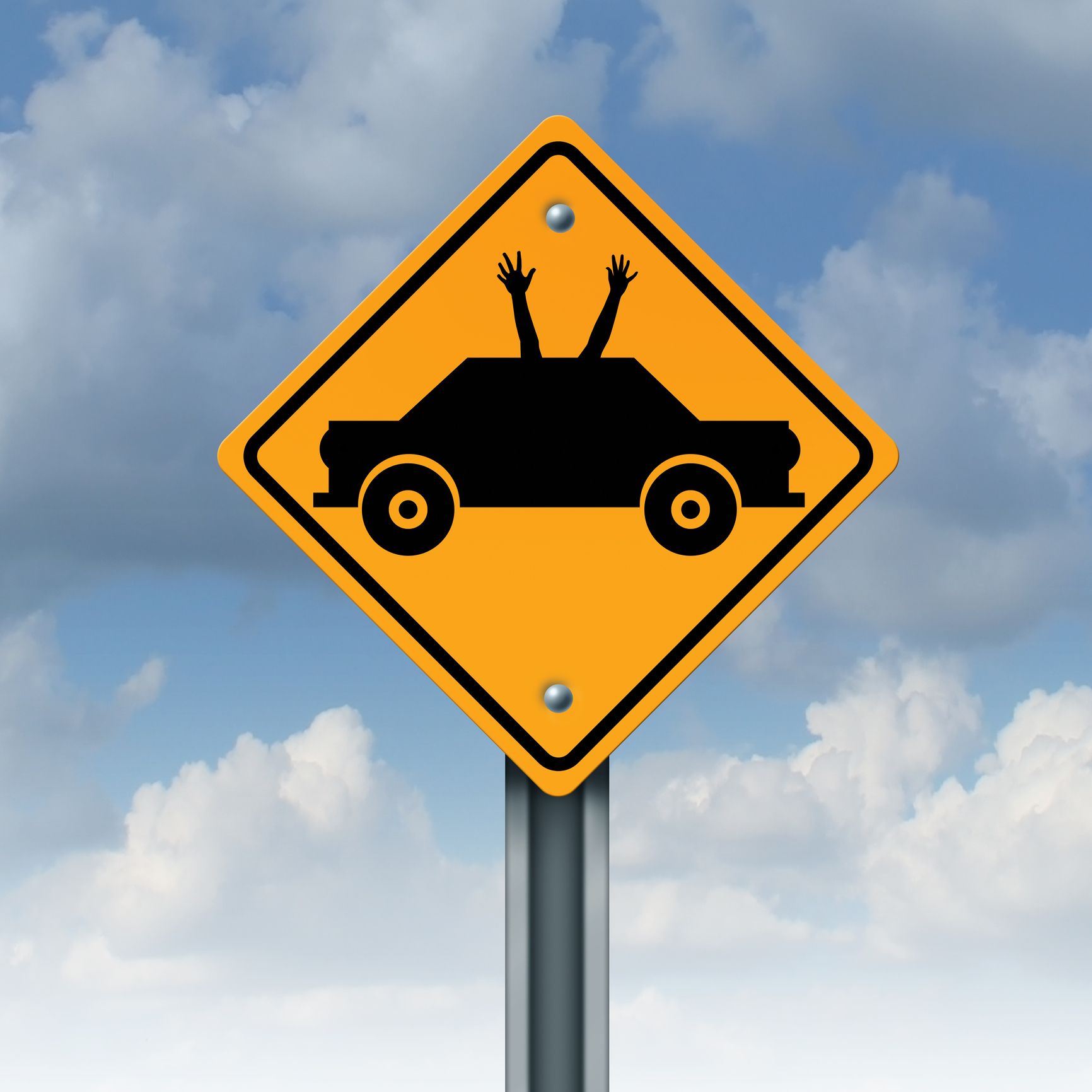Cars and Drivers
Should Product Liability Laws Be Changed for Self-Driving Cars?

Published:
Last Updated:

The collision between a self-driving Uber vehicle and a female pedestrian in Tempe, Arizona, that caused the death of the woman has focused attention once more on the speed with which automakers and technology companies are developing autonomous vehicles that will one day operate without a human driver at all. The catch is that technology always outruns slower-to-change concerns like regulations, laws and public confidence in the technology itself.
While it appears that the death in Tempe may not have been avoidable by a human driver, the result has been to call into question again the whole idea of self-driving cars. Advocates for auto-safety argue that the industry needs to slow development of autonomous vehicles while regulators and lawmakers catch up.
Where, for example, does the liability reside when an autonomous vehicle is involved in even a minor collision? What do consumers see as their options? According to a new report from J.D. Power and law firm Miller Canfield, “consumers are suspicious of technology failures and, relatedly, they desire to resolve ADS [automated driving systems] product liability claims out of court.”
Kristin Kolodge, executive director of Human Machine Interface at J.D. Power and co-author of the report “Automated Vehicles: Liability Crash Course” said:
Sentiment remains fragile towards automated vehicles as consumers are cautious and the need to build trust continues. Consumers express an expectation that collisions would not occur with automated vehicles and are holding ADS to a higher safety standard than traditional vehicles.
Here are the report’s key findings:
- Consumers are equally split if they would ride in a fully automated, self-driving vehicle, with 14% saying they “definitely would,” and 33% saying they “probably would” compared with 29% saying they “probably would not,” and 17% saying they “definitely would not.”
- One-third of drivers report that they would be willing to take additional training for an ADS driver’s license designation.
- More than half (51%) of consumers would pursue litigation for a Level 5 fully automated vehicle if it was involved in a collision and caused an injury. For this research, Level 5 is described as a vehicle where there is no human driver inside (only passengers); there is no steering wheel and the vehicle remains in control for the entire trip without any human intervention. For lower levels of automation, most consumers are unsure about pursuing litigation.
- Claims resolved in an out-of-court, private proceeding with a one-time lump sum settlement represent an optimal consumer resolution method for ADS, regardless of injury type.
- Nearly three-fourths (74%) of consumers are willing to share ADS vehicle data after a collision.
Based on these findings, the report’s authors conclude: “This will necessitate integral changes to the way data generated by ADS is owned, harvested, and shared.”
Those kinds of changes take time and cost money to implement. Will the automakers and technologists be willing to bear those costs? Very likely not without a fight.
Visit the Miller Canfield website to get the full J.D. Power-Miller Canfield report.
The Average American Is Losing Momentum on Their Savings Every Day (Sponsor)
If you’re like many Americans and keep your money ‘safe’ in a checking or savings account, think again. The average yield on a savings account is a paltry .4%* today. Checking accounts are even worse.
But there is good news. To win qualified customers, some accounts are paying nearly 10x the national average! That’s an incredible way to keep your money safe and earn more at the same time. Our top pick for high yield savings accounts includes other benefits as well. You can earn up to 3.80% with a Checking & Savings Account today Sign up and get up to $300 with direct deposit. No account fees. FDIC Insured.
Click here to see how much more you could be earning on your savings today. It takes just a few minutes to open an account to make your money work for you.
Thank you for reading! Have some feedback for us?
Contact the 24/7 Wall St. editorial team.